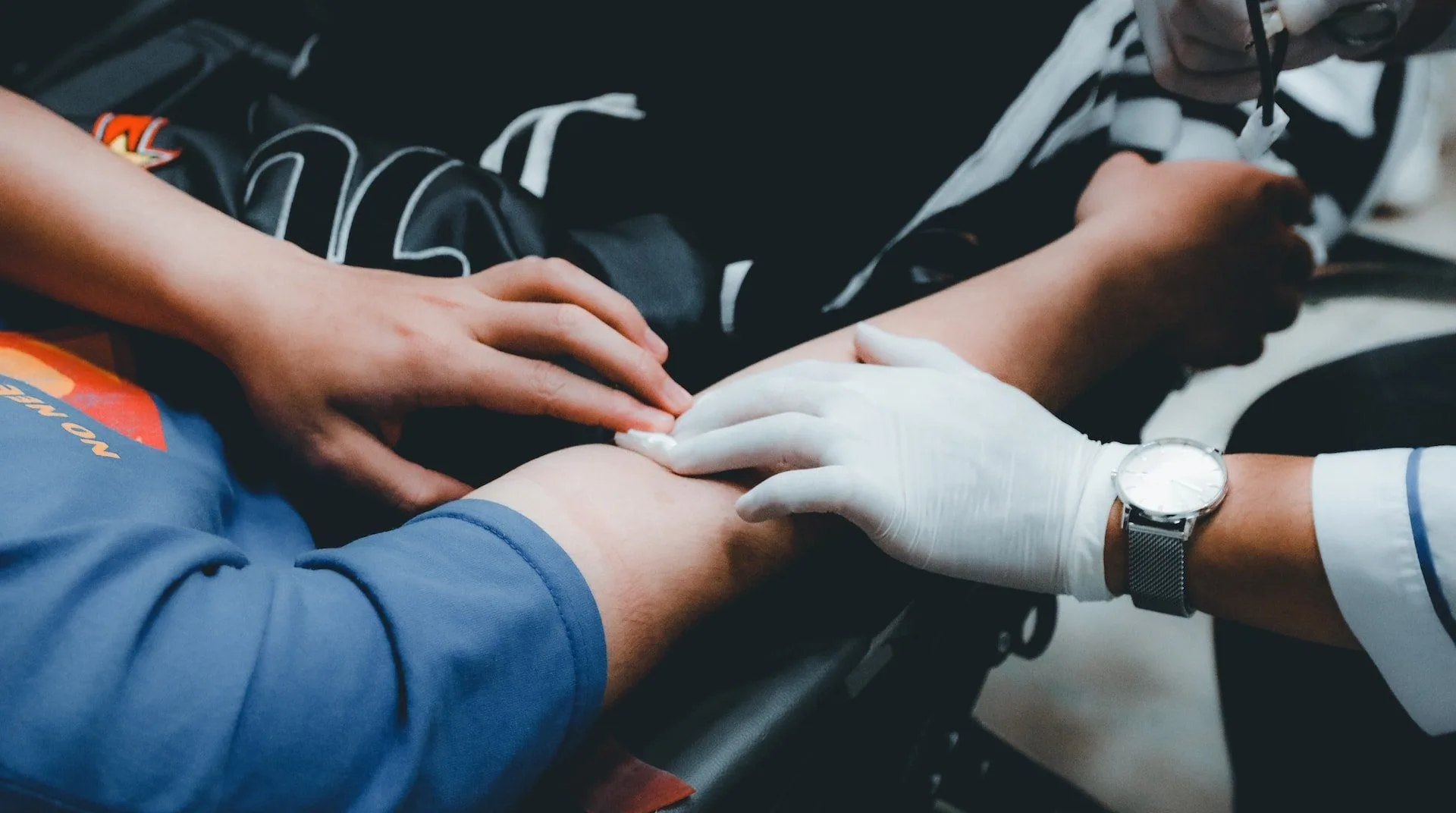Leukemia is reportedly one of the most common cancers in the world, with blood cancer diagnosis being more prevalent in men than women. Blood stem cell donations are often the only chance of survival for people living with the disease, with women making up 60% of registered donors on the global registry, as opposed to men who make up only 18%.
In light of Men’s Health Month, now is the perfect time to appeal to men to register as stem cell donors and play their part in deleting blood cancer.
Why Aren’t More Men Becoming Blood Stem Cell Donors?
According to two studies, women rated themselves higher in empathy than men.
“Women have more of an emotional connection when they hear about other people’s afflictions, be it men, women, or children.” says Patient Services and Donor Recruitment Manager, Xolani Hlongwane.
“We find that men need more facts and stats,” he points out.
“They want to know how long the procedure will take and what will be done with their DNA, for example. There is a logical process that they need to understand. So, when it comes to recruiting people to become blood stem cell donors, there can’t be a one-size-fits-all approach.”

Photo by nappy from Pexels
Additionally, statistics reveal that women between the ages of 17 and 34 are almost twice as likely to become donors than men the same age.
“More importantly, young men make up the most long-term blood donors as they’re likely to have more iron which means that they can donate more regularly than women,” says Tumi Sole, a Corporate Attorney and founder of the social movement #CountryDuty.
Raising Awareness
Sole says that recruiting men to register as donors involves raising awareness around the blood stem cell donation process. He adds that since most men fear needles, educating them against various myths associated with blood donations may change the narrative.
Hlongwane says that contrary to widespread belief, donating stem cells is a completely non-invasive procedure. “If you are a successful match, the process of donating blood stem cells is painless, much like donating blood platelets.”
Hlongwane shares that men need to have a better understanding of how much they are needed to support our cause. Not only do they produce more stem cells due to their genetic and hormone makeup. They are also more likely to be available to donate, since women can’t do so during pregnancy and for at least six months after childbirth.
How does it work?
In over 90% of cases, Hlongwane explains that stem cells are taken from the bloodstream. He says the procedure does not require anesthetic or admission to the hospital. During the collection, blood will be drawn from one vein and passed through a machine that collects the stem cells, before the rest of the blood is returned to the body through the other arm.
It is normally completed within four to six hours, and although there are needles involved, these few hours of your time can save someone’s life.
“We urge all South African men to register to become stem cell donors and to continue this conversation with their peers. People living with blood cancers and disorders need you, and we need you, before it’s too late.”
Become A Donor
To register, please sign up here. For more information, contact DKMS Africa at 0800 12 10 82.
MAIN IMAGE CREDIT: Photo by Nguyễn Hiệp on Unsplash
Want to know more?
It’s not just gender disparities that exist in blood donation, as cultural influences may also inhibit individuals from becoming blood donors. In an opinion editorial, initiated sangoma UMakhosi Nomabutho explains why we must address the cultural beliefs inhibiting blood stem cell donation.





![women [longevity live]](https://longevitylive.com/wp-content/uploads/2020/01/photo-of-women-walking-down-the-street-1116984-100x100.jpg)









